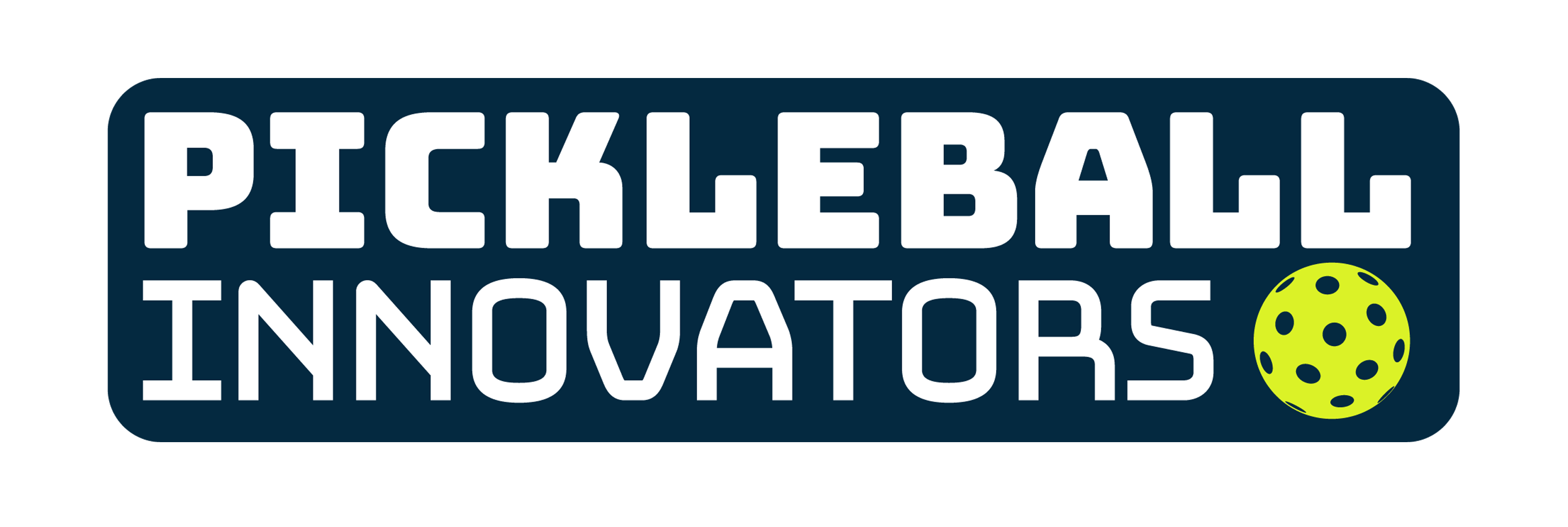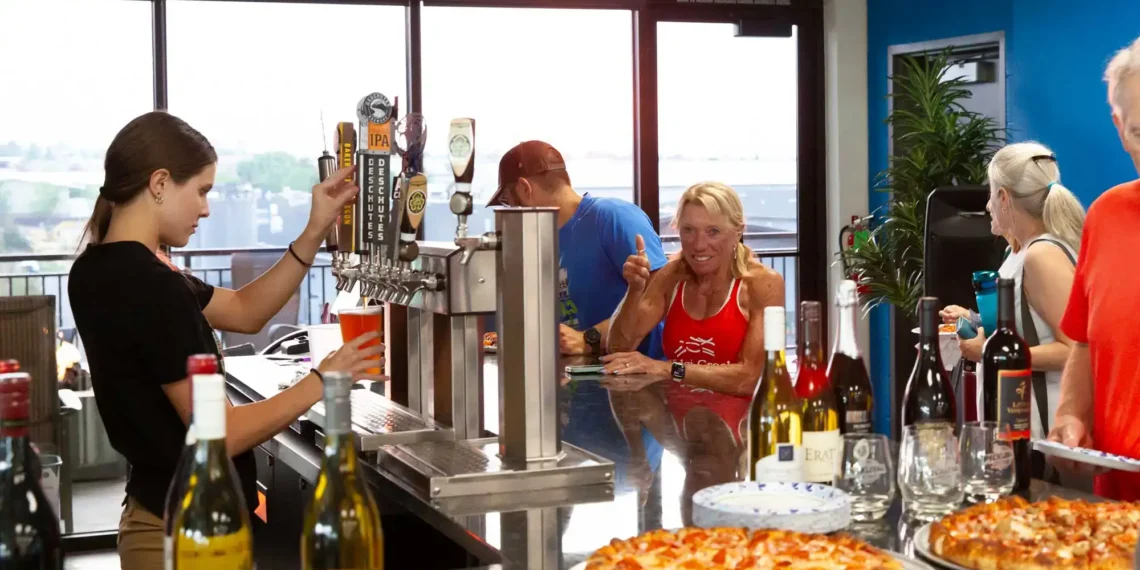For Werner Zehnder, the secret to running a successful pickleball facility isn’t just about great courts — it’s about people. “If you build a facility and then try to build a community, you’re going to struggle,” he said.
As the owner of Pickleball Zone Bend, Zehnder’s greatest accomplishment lies in the robust player community he and his wife built long before launching their club. It’s a strategy that stands in stark contrast to many operators who dive into construction first, only to find themselves battling for members after opening.
Community Building First
Zehnder’s journey in pickleball began with a desire to play in his adopted hometown of Bend, Oregon. He and his wife found themselves without any dedicated pickleball courts, often improvising by taping lines on tennis courts and setting up temporary nets. This frustration turned into action when they led a group of like-minded players to advocate for public pickleball courts through Bend Parks and Recreation. Their community-driven approach to fundraising — through dinners, raffles and even garage sales — resulted in the creation of 16 world-class courts for public use and a club of 350 players.
By the time Pickleball Zone Bend opened its doors, Zehnder had already cultivated a loyal base of players from the Bend Pickleball Club, ensuring the facility would thrive from day one. “You need to have the base,” Zehnder explained. “If you just know a few people, that’s not good enough. You need to have hundreds and hundreds of players wanting to come and join you.”
Quality of Facilities
While community is critical, Zehnder is equally passionate about the importance of high-quality facilities. For him, it’s not just about offering a place to play — it’s about offering the best place to play.
“You need to be the best because if you’re not putting a nice facility up, somebody else will,” said Zehnder. This belief in delivering an outstanding experience permeates every aspect of Pickleball Zone Bend.
Zehnder stressed successful clubs must focus on the essentials: proper lighting, high ceilings and a glare-free environment. These elements may seem basic, but they make a significant difference in the overall experience of players.
“Some people just make a mistake by saying, ‘OK, I’m the only one here in a radius of 30 miles,’” said Zehnder. “Well, somebody else is going to pop up 25 miles away, and if they are better, you lose out.”
First impressions matter said Zehnder. For pickleball newcomers, a poor first experience can tarnish their view of the sport. This is why Pickleball Zone Bend works diligently to ensure that every player — whether a seasoned pro or a first-time visitor — leaves with a positive impression.
Annual Membership Model
One of Zehnder’s key strategic decisions has been the implementation of an annual membership model, providing stability for the club while simplifying operations. At $1,600 per person, members enjoy several benefits, including access to open courts reserved for members only, organized round-robin play sessions and priority court reservations. Couples purchasing two memberships also receive the 13th month free.
“The annual model provides a steady, predictable income,” said Zehnder. “It also eliminates the logistical hassle of monthly invoicing and tracking down payments.”
This system allows members the flexibility to come and go as they please without worrying about monthly fees. All organized play and court reservations are managed online, streamlining the member experience.
Additionally, Zehnder offers a reverse snowbird membership of $800 from May 15 to October 15 for people who prefer to spend their summers in cooler environments, like Bend. The reverse snowbird model adds supplemental income without overburdening the courts during peak outdoor pickleball season.
Hybrid System: Public Play and Member Balance
While annual memberships provide financial stability, Zehnder’s approach doesn’t end there. He has also implemented a hybrid system that allows for public play, clinics and lessons, alongside member-exclusive benefits.
“Public players are the ones who eventually want to be on the waitlist for membership,” explained Zehnder. The public play option is key to introducing new players to the sport and to the club, creating a pipeline of future members.
In fact, Pickleball Zone Bend sees significant public participation during its evening challenge court play sessions where 80% of the participants are non-members. Zehnder believes this balance of public and private use is crucial to fostering a vibrant club environment and encouraging the growth of pickleball in the broader community.
His pricing strategy reflects this balance. For annual members, the cost is set to ensure value while maintaining exclusivity. For public players, fees are designed to be accessible, encouraging participation without diluting the member experience. This structure ensures Pickleball Zone Bend can serve the community while remaining financially robust.
Sustainability and Expansion
Looking to the future, Zehnder offered practical advice for other pickleball club operators. Rising construction costs have made building new facilities prohibitively expensive, which is why he advised operators to look for existing buildings to convert rather than building from the ground up. “We could not recreate the same facility now, six years later,” he said. “The building costs have more than doubled.”
Zehnder also emphasized the importance of not overextending or compromising on quality to chase growth. His focus remains on ensuring Pickleball Zone Bend delivers an exceptional experience for its members and the community, rather than expanding at all costs. “Get the basics right,” he advised, “because somebody else will come along and try to be better.”
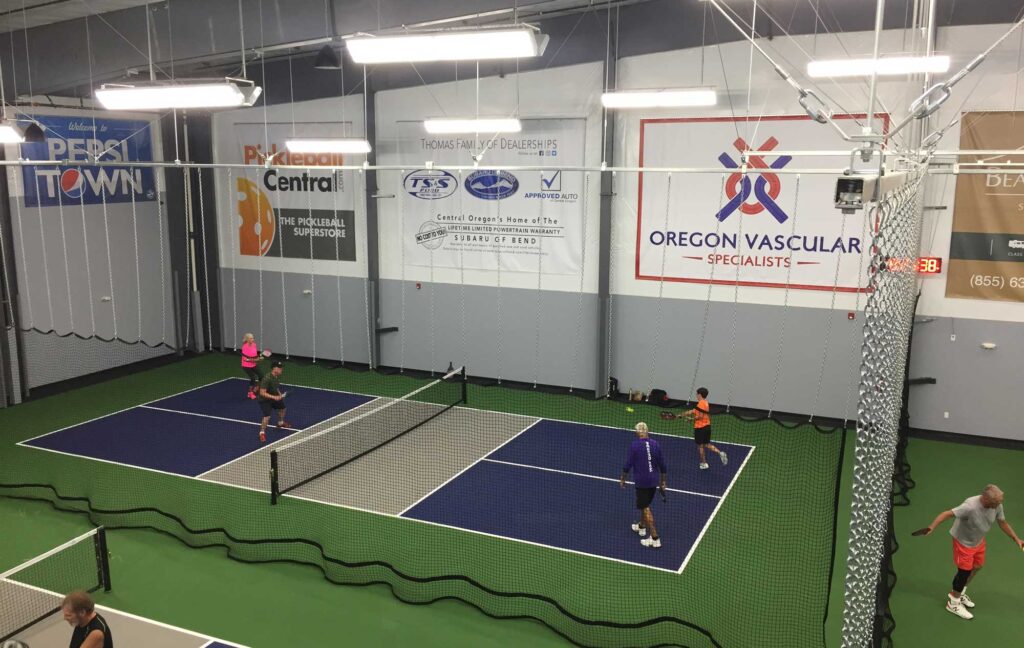
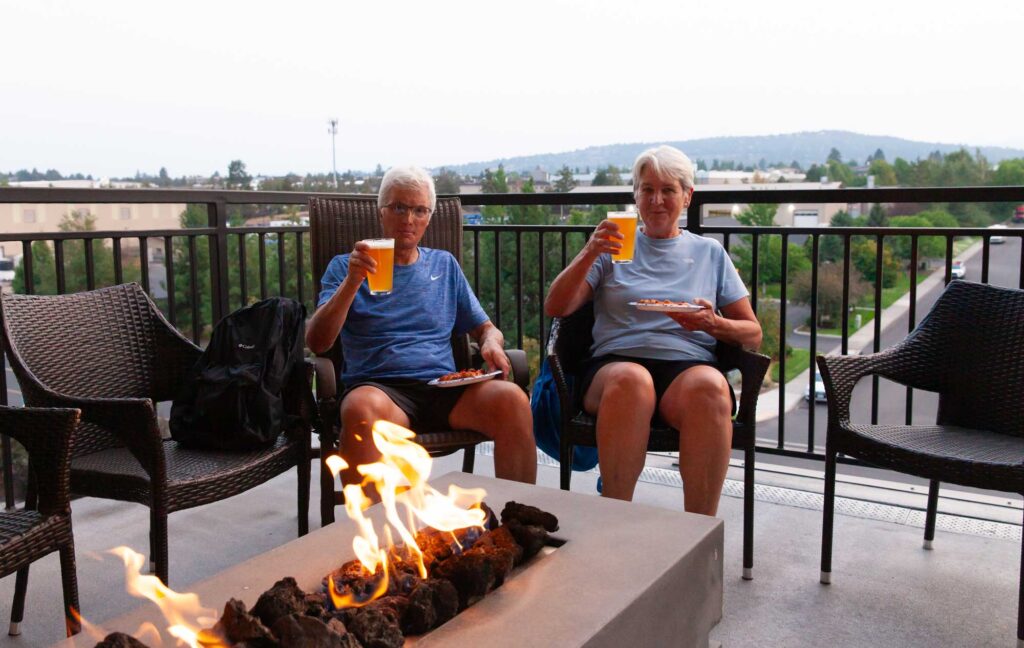
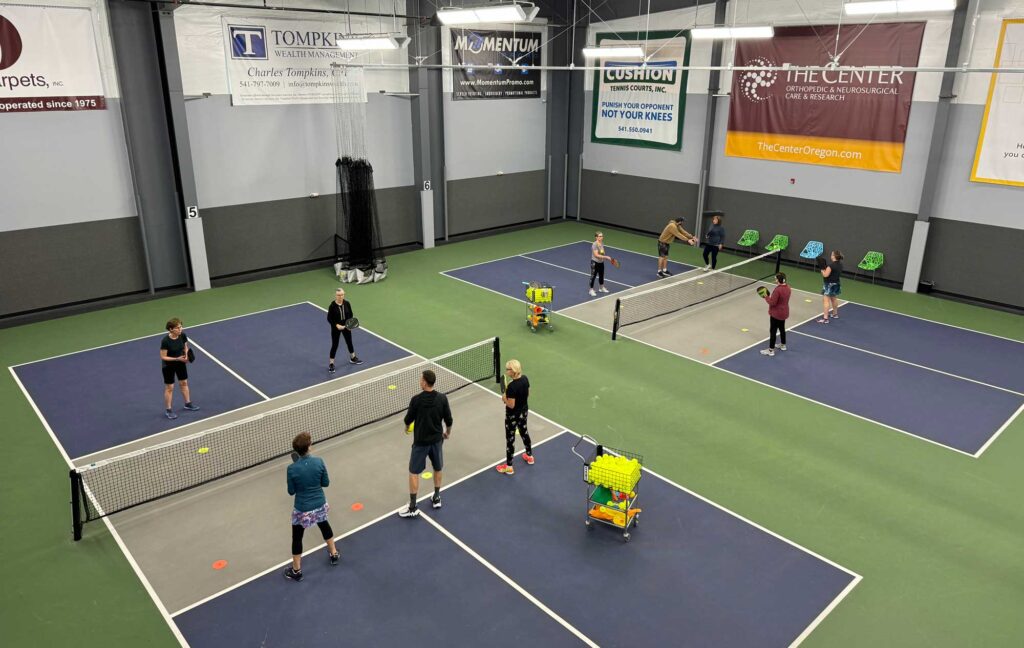
With over a decade spent covering the business side of sports and fitness, Rachel Chonko brings a wealth of experience and a true passion for active communities to Peake Media. As Editor-in-Chief, she’s focused on helping pickleball clubs and fitness facilities thrive, from guiding growth strategies to showcasing the latest industry trends. Rachel also hosts the Club Solutions Magazine Podcast, where she interviews leaders in fitness and pickleball to share insights and success stories with the wider community to give her listeners a competitive edge.
After taking up pickleball herself, Rachel has come to appreciate the sport’s unique blend of social connection and active living — a mix that’s perfectly in line with her editorial philosophy. Connect with her on LinkedIn, or check out her articles below for a deep dive into the energy and culture driving pickleball’s rapid rise.
